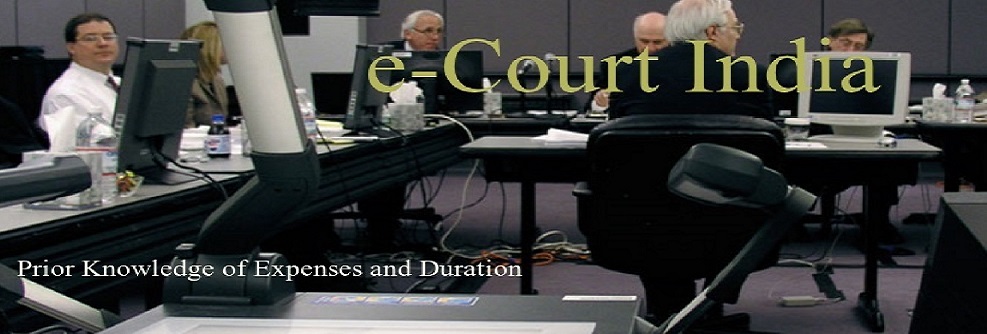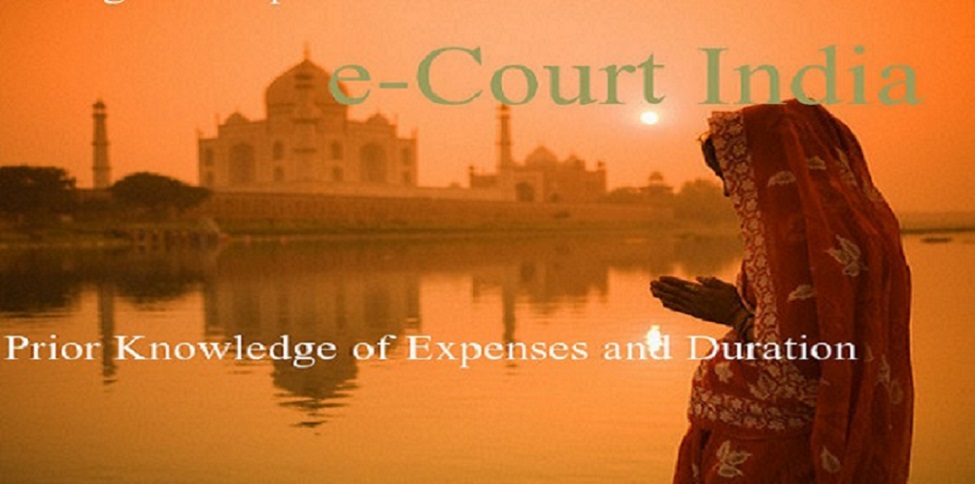With extrajudicial costs is meant that the 'winning' part will receive a compensatory amount ( whole or in part ) as payment for costs made prior to the e-Court procedure(s). Either party may prove these costs are conflict related and have indeed incurred as well that the party made attempts to settle the conflict between parties prior to going to seek litigation.>
Costs incurred prior to the e-Court process

U.S. Supreme Court Rules That Arbitration Agreements Trump Class Action Antitrust Claims
source : Christopher M. Caparelli
On June 20, 2013, the U.S. Supreme Court decision in American Express Co. v. Italian Colors Restaurant,1 further weakened the rights of prospective class action plaintiffs to achieve collective relief. In the 5–3 decision,2 the Court ruled that a contractual waiver of class action arbitration is enforceable under the Federal Arbitration Act (FAA) even when each plaintiff’s cost of arbitrating on an individual basis exceeds the potential recovery. In reaching its conclusion that the plaintiffs could not pursue their monopolization claims under § 1 of the Sherman Act on a class action basis, the Court observed that "the antitrust laws do not guarantee an affordable procedural path to the vindication of every claim.".
The decision in American Express marks the second time this term, following the Court’s March 2013 decision in Comcast Corp. v. Behrend,3 that the Court has raised the bar for private plaintiffs seeking to vindicate anticompetitive harm. Acknowledging the trend, the dissent described the Court as “bent on diminishing the usefulness of Rule 23,” the class action procedure, and threatening to "insulate wrongdoers from liability" under the antitrust and other federal statutes that provide private rights of action
The Case
The Decision
The majority of the Supreme Court, in an opinion written by Justice Scalia, held that an agreement to arbitrate, including terms that specify with whom the parties choose to arbitrate and the rules under which the arbitration will be conducted, is valid and enforceable unless a contrary congressional command requires otherwise. Therefore, a class arbitration waiver, like that found in American Express’s merchant agreement, is enforceable absent an overriding federal law. The Court concluded that the antitrust laws do not contain such an override because they make no mention of class actions and, in fact, were enacted before the advent of the class action procedure..
The Court also held that the "effective vindication" exception to the FAA did not invalidate the class arbitration waiver. Although the majority acknowledged that a party’s prospective waiver of a "right to pursue" federal statutory remedies would be unenforceable, "the fact that it is not worth the expense involved in proving a statutory remedy does not constitute the elimination of the right to pursue that remedy." Because the plaintiffs could individually arbitrate their antitrust claims against American Express – even if doing so would be economically irrational – the Court concluded that they could effectively vindicate their rights.
The dissent criticized the majority’s analysis of the "effective vindication" rule, observing that the "prohibitive" cost of individual arbitration foreclosed, not just diminished, plaintiffs’ right to pursue their antitrust claims. The dissent also called the majority out for ignoring other constraints on the merchants that permitted no avenue aside from a class action by which the plaintiffs could effectively assert their claims.
The American Express decision is likely to encourage sophisticated parties to limit the ability of their contractual counterparties to assert claims on a class action basis. In conjunction with the Comcast decision earlier this year, the American Express decision is also a further signal to class counsel and businesses alike that the U.S. federal courts are an increasingly inhospitable forum for class actions.
-
TOPICS:
- ABOUT e-COURT
- home
- preliminary information
- introduction ( About us )
- benefits
- scope of legal areas
- directorate
- supervisory board
- advisory council
- originating partners
- e-Court & ADRpartners
- articles of operation
- privacy
- legal information
- in the news
- ( e-Court versus ADR )
- COSTS
- *** introduction
- *** membership
- *** court fee
- *** escrow
- *** hearings costs
- *** attestation costs
- *** extrajudicial costs
- *** legal counsel fees
- *** subsequent costs
- frequently answered questions
- OFFLINE NETWORKING
Endorsements ( 1/2000 + ):
- Patricia M. Swerhone
Waters and Associates, Barristers & Solicitors, Toronto - Kenneth J. Byrne
Immigration and Real Estate Lawyer at Benson Buffett, Newfoundland And Labrador - Amy M. Crosbie
Partner at Curtis, Dawe, Newfoundland And Labrador - Justice Clark
Partner at Simmons Da Silva + Sinton LLP, Toronto - Stanley Potter
Owner, Stanley J. Potter, Barrister & Solicitor, Toronto - Justice Clark
Partner at Simmons Da Silva + Sinton LLP, Toronto - Stanley Potter
Owner, Stanley J. Potter, Barrister & Solicitor, Toronto - Beth A. Sheppard
Shareholder/Director, Benson Buffett PLC Inc., Newfoundland And Labrador - Tony Lafazanis
Personal injury lawyer at Tony Lafazanis, Toronto, - Steve A.
Lawyer at Defend Your Points - Traffic Ticket Lawyers, Toronto - ( Endorsements continued.....)















